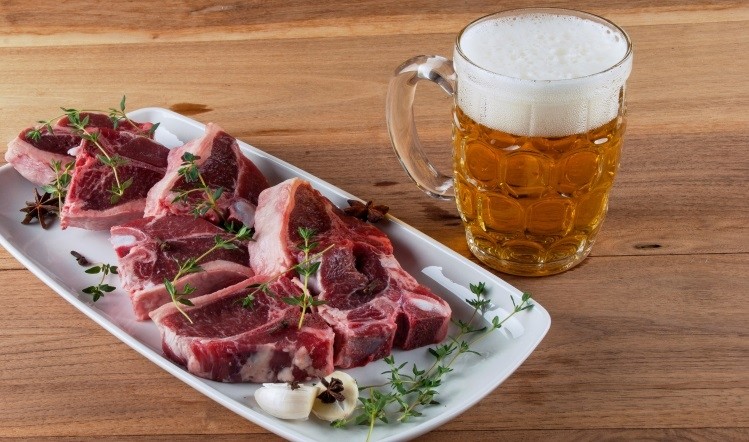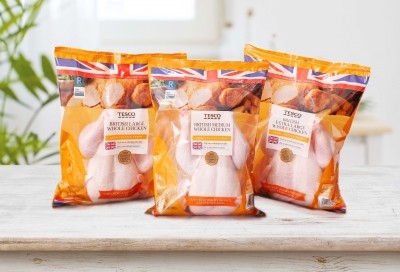Data shows meat and alcohol spend up £2.5bn in 2020

The data, compiled for The Grocer’s annual Top Products survey, shows an added £2.1bn went through the tills for lager, wine and spirits, while meat sales grew by £438.9m.
It is thought the extra spend is due to consumers’ inability to visit their favourite restaurants and bars during the COVID-19 pandemic.
Rachel White, UK & Ireland retail intelligence leader for Nielsen, said: “It’s been a rollercoaster year for grocery retail. The pandemic has shifted consumer shopping habits to the extreme.”
Lager and beef growth
Lager was the fastest growing grocery category of 2020, rising £791.9m to a value of £4.4bn.
Despite its name, Corona was one of the brands to see the largest rise, up by £68m. Ahead of it in the growth stakes were Stella Artois (£104.9m), San Miguel (£92m) and Budweiser (£73.9).
Among the meats, beef was the big winner, with sales rising by £161.8m for a total of £2bn, making it the fastest growing product of the year (excluding tobacco).
Sausage sales recorded a £125.9m rise, while chicken was up by £120.4. Bacon also performed well, with sales increasing by £95.9m.
Home cooking
The rise in meat during 2020 is a marked contrast to the previous year, when fresh meat sales suffered and beef showed the biggest decline of any category.
It is thought the shift in trend is due to a rise in consumers cooking roasts and barbecues at home, as well as the closure of schools during the first lockdown.
Other notable trends from Nielsen’s data include a decline in chilled ready meals, which suffered a £74.2 slump, with consumers afforded more time to cook from scratch.
“With limited opportunities to socialise or visit bars and restaurants, consumers turned to scratch cooking not just as a way to feed the family but also as a source of entertainment – as we saw with the huge trends for homemade sourdough and banana bread and other recipes that went viral this year,” White said.
“With more free time at home, consumers moved away from chilled ready meal options and focused instead on creating their own dining experience at home, cooking with fresh ingredients and enjoying a drink at home rather than at the pub.”
Winners and losers
Juice, juice drinks and smoothies were down by £50.2m while cereal bars and sugar confectionery saw drops of £36.1m and £29.8m respectively.
Adam Leyland, editor of The Grocer, said: “The Top Products Survey underlines the impact of the coronavirus on the nation’s shopping habits and the nation’s health.
“Some of these changes can be attributed to a transfer of spend from out of home to in the home, and there have been winners – as in the instance of the increased sales for lager, wine and spirits – and losers.”















